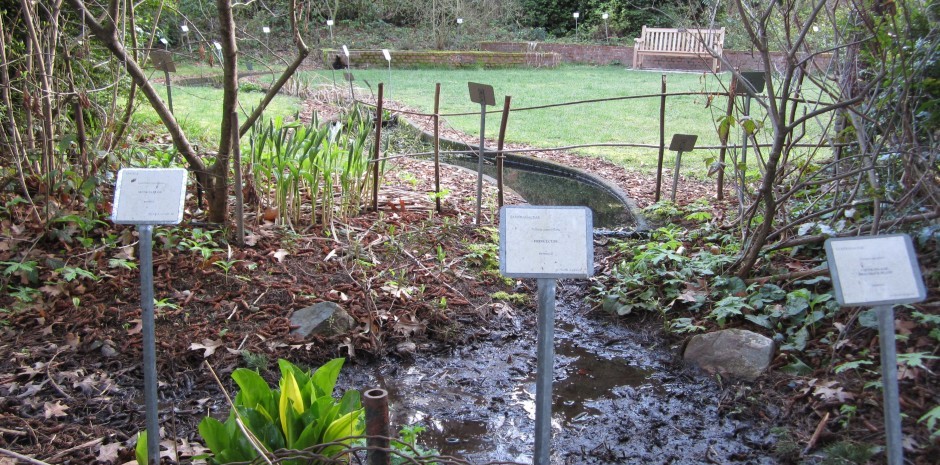In 18 years at the Medicinal Herb Garden, I’ve had the pleasure of speaking with medical practitioners and medical researchers from China, Taiwan, Japan and India. The one thing they have in common is surprise when they learn that the plants in our garden are not being studied by any of our own medical researchers.
An Indian researcher spending a year in Seattle about 14 years ago, studied all of the Artemisia species in the garden, to measure how much artemisinin, a drug used to treat malaria, could be obtained from each species . Because of her research, I got so excited that, in the last few years, I’ve tripled the number of Artemisia species in the garden. Unfortunately no one else has come along to study them, or any other plants.
There are so many medicinal plants in one place on the campus of one of the greatest science research universities on the planet, yet no one is studying them. A malaria researcher who sometimes passes through the garden, has explained to me that his lab is involved in big projects and all of his people are working overtime and he has grant proposals to write etc. Fair enough. That is the way the system works and it is quite effective in many ways.
But new models are emerging in this amazing age of crowdfunding. Often, small projects like the Indian researcher’s comparative study of Artemisias, can be run inexpensively. I recently read an inspiring story about former UW students Cindy Wu and Denny Luan. Their startup, called Experiment (formerly Microryza), was born of frustration. While an undergraduate, Wu was nearly stifled in her attempt to obtain funding for her research project. Why? Because she and her colleagues were, in Wu’s words, “22-year-olds with no track record.”
Wu and Luan decided to form a crowdfunding platform to redress this funding bias. Most of the project proposals received by Experiment have very modest funding needs. Of the dozens I looked at on the Experiment website, most required less than $5,000. If any young researchers with great ideas and no funding happen to read this, I hope they will take advantage of the opportunities offered by Experiment and hopefully, turn their attention to the plants in our medicinal garden. Sometimes, like seeds, great things come in small packages.
this day, transplanting
very gently, that’s the way
long life to them all
See you in the garden.
